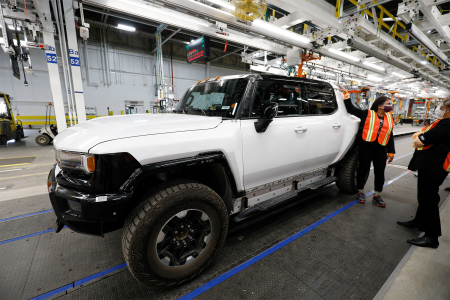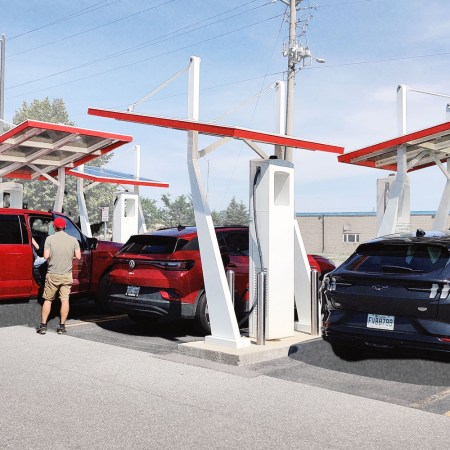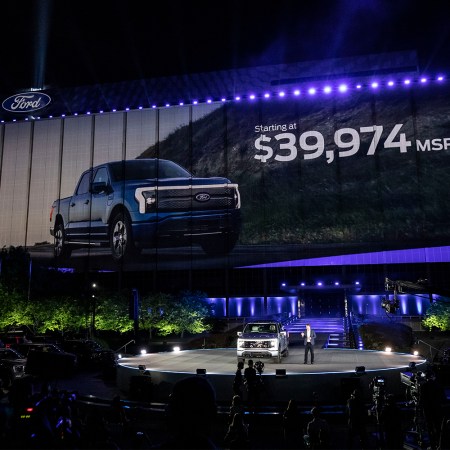There are lots of concerns about the transition to electric cars. Drivers are worried about range and access to charging, not to mention the high prices largely due to costs around EV batteries. Then there’s just the whole cultural problem of exchanging one mode of transportation for another, and the passionate reactions that come along with it.
If you ask the CEO of Stellantis, one of the largest automakers in the world (behind Dodge, Jeep, Ram and other brands), one of his main concerns has to do with the raw materials needed to make enough electric vehicles to replace those currently powered by fossil fuels. Specifically, Carlos Tavares is worried about lithium for batteries.
“We know that we need lithium. We know that we are not producing as much as we need,” Tavares said this week at the Freedom of Mobility Forum, which was organized by Stellantis, as reported by The Detroit News. “We have right now 1.3 billion cars (that are) internal combustion engine powered on the planet. We need to replace that with clean mobility. That will need a lot of lithium. Not only the lithium may not be enough, but the concentration of the mining of lithium may create other geopolitical issues.”
Can someone let Tavares in on the geopolitical issues surrounding fossil fuels, please?
In all seriousness, these are legitimate issues. But the question of supply feels like a diversion here, one similar to those with stakes in the oil industry who say we should focus on the energy sources we’re familiar with, rather than trying to build out a whole new supply chain — though that ignores the fact of human-powered climate change on track to wreak havoc on the global population.
Here’s the Least “Green” Electric Vehicle You Can Buy, According to Bloomberg
The outlet devised a new rating system for EVs based on eco-friendlinessThe issue with the lack-of-supply argument is that it only feels like there isn’t enough lithium because our current production levels don’t meet the demand. If we look at the global picture of the raw materials needed not just for EVs, but for a complete clean-energy transition, scientists believe the planet’s reserves “are sufficient for even the highest-demand scenarios.”
That’s according to Casey Crownhart at MIT Technology Review, who wrote about the issue of raw materials and renewable energy back in January. She cited Seaver Wang — co-director of the climate and energy team at the Breakthrough Institute, a research center in California — who had recently co-authored a study about the topic.
“[F]or every scenario the team examined, the materials needed to keep the world under 1.5°C of warming account for ‘only a fraction’ of the world’s geologic reserves,” Crownhart wrote, citing Wang. This specific study looked at electricity generation, not storage (i.e., not batteries), but the conclusion, Wang said, would be the same.
While we have the theoretical ability to make this transition away from fossil fuels, and thus stave off the worst effects of the climate crisis currently underway, there are costs to mining that need to be dealt with, including worker exploitation, human rights and pollution.
But supply? According to experts, we can rebuild our energy systems. We have the materials.
Thanks for reading InsideHook. Sign up for our daily newsletter and be in the know.



















